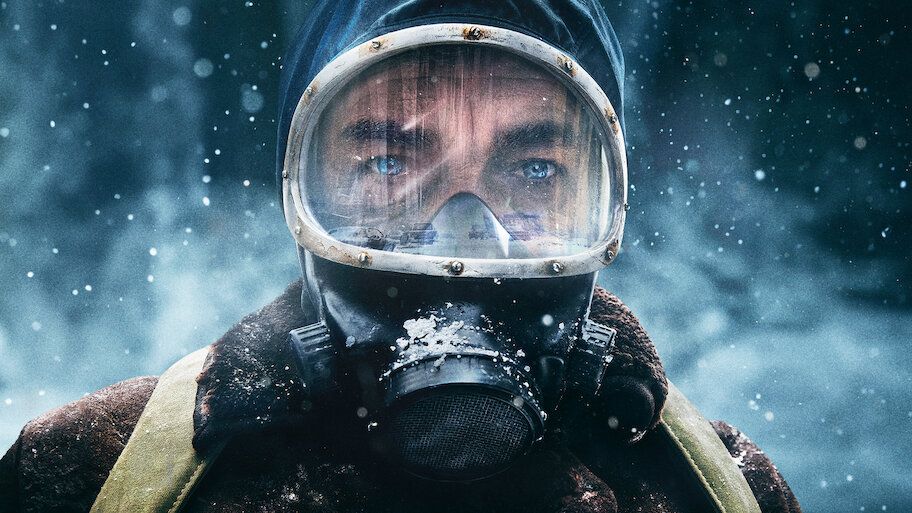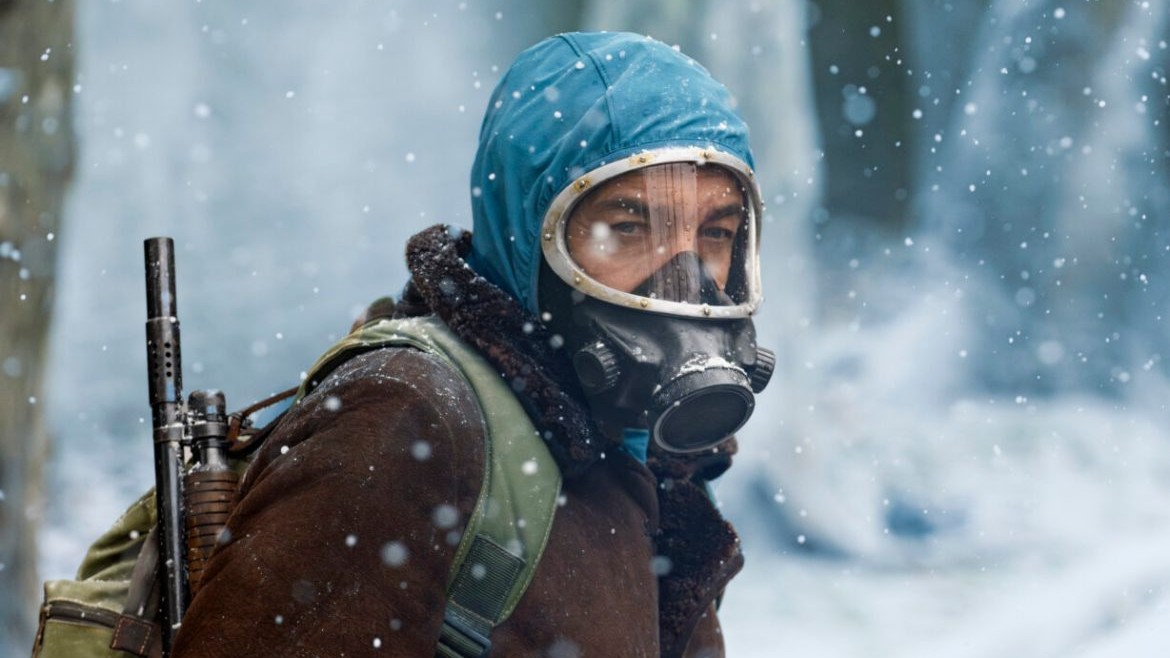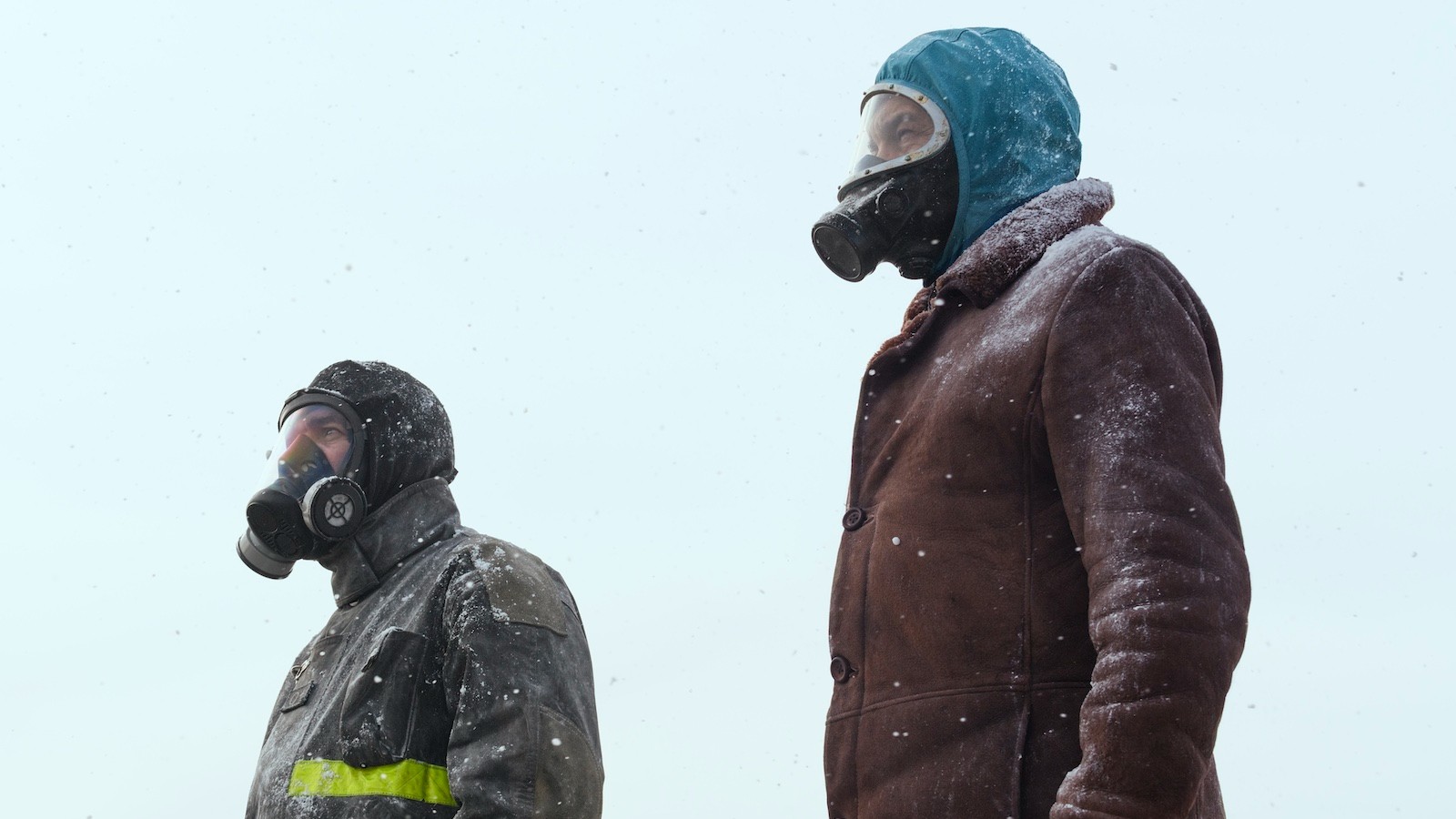
So it's official. Netflix has announced they've used gen AI in El Eternauta, their Argentinian sci-fi series, to create a building collapse sequence. Ted Sarandos, Netflix's co-chief executive, was practically giddy with excitement, telling analysts that this represents "an incredible opportunity to help creators make films and series better, not just cheaper".
My feelings, though, couldn't be more different. I'm devastated… and not just because it signals the beginning of the end for countless talented artists. Purely as a viewer, I'm shocked to see Netflix fire the starting pistol on a new race to the bottom. One that will fundamentally change what we see on our screens.
The great hollowing out begins
No one's fooled here. Netflix didn't use AI because they wanted to push creative boundaries or unlock new storytelling possibilities. They used it because it was cheaper. Ted himself admitted traditional VFX "wouldn't have been feasible for a show in that budget." Fair enough – but what he's really saying is that they'd rather compromise on quality than find the money to do things properly.
This coming from a company that reported $11 billion in revenue last quarter; a 16% year-on-year increase. Let's be clear: Netflix can afford proper VFX work. The real message is, they're choosing not to pay for it. And the really insidious part is how they're selling this as somehow beneficial for creators.
"Real people doing real work with better tools," Ted claimed on the analysts call. But we all know where this leads. When you can generate a building collapse in a tenth of the time, you don't need nine-tenths of the people. The "better tools" rhetoric is the same hollow promise we've heard in every creative industry that's been automated out of existence.
The uncanny valley of mediocrity
And the shows? The shows will suffer.
We've all seen enough AI-generated content to know that it has a particular flavour: technically competent but creatively hollow. It's like listening to a mediocre cover band play your favourite song; all the notes are there, but something indefinable is missing.
Similarly, we're about to enter an era where visual effects become increasingly homogenised; where every explosion, every creature, every impossible landscape bears the subtle fingerprints of the same algorithmic processes.
The quirks and idiosyncrasies that make individual VFX artists and studios distinctive will be smoothed away in favour of efficient, predictable mediocrity.
The false economy of corner-cutting
This approach represents a fundamental misunderstanding of what makes visual storytelling compelling. As I note in my article Spectacular design has become TV's secret weapon, shows like The Penguin, Severance and The White Lotus dominated this year's Emmys precisely because they invested serious money and creative energy into their visual worlds.

Conversely, cost-cutting on VFX seems like a spectacular own goal. When you're competing for attention in an infinite scroll of content, your show needs to look like something viewers haven't seen before.
You might save a bit of money in the short term. But ultimately, you're going to reduce audience engagement and revenue. So not only will the quality suffer, so will the bottom line.
The slippery slope to soulless
We're already seeing the consequences of this mentality across the industry, from AI-driven advertising to machine-generated music, in the form of content that looks technically proficient but feels spiritually vacant.
When every visual effect is generated by the same underlying processes, trained on the same datasets, we'll end up with a visual monoculture that's as depressing as it is predictable.
At the same time, is anyone considering the VFX artists who've spent decades mastering their craft, who understand the subtle interplay between light and shadow, who know how to make impossible things feel tangible and real? These aren't just jobs being automated away – they're real humans, and complex creative ecosystems, being dismantled in favour of computational expedience.

For what? So Netflix can make more content a little more cheaply? So they can fund another dozen forgettable series instead of investing properly in a handful of genuinely memorable ones?
Don't get me wrong: I'm not a Luddite. I know that technology has always changed how entertainment is made. But there's a difference between using technology to enhance human creativity and using it to replace it entirely. Netflix has chosen the latter path, and I fear we're going to be poorer for it.
Want more on AI? Stay tuned for our upcoming AI in Focus series.







